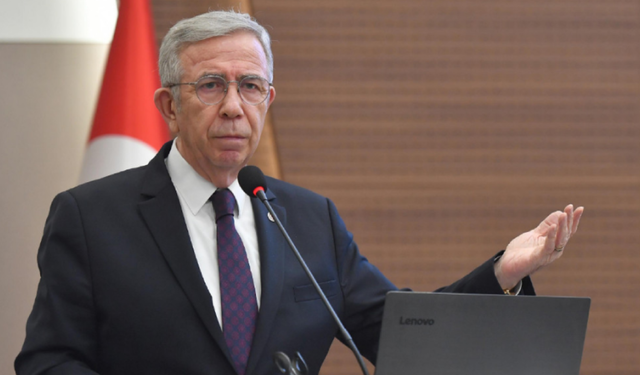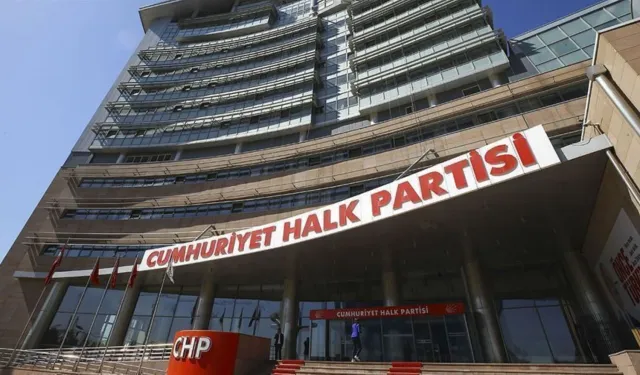With the amendment to the Constitution made in 2017, a new governmental system was adopted under the name of “Presidential Governmental System”. As a result of this amendment, a structure based on the supremacy of the executive branch has been established without incorporating the checks and balances instruments which should be found between the legislative, executive and judicial powers as a requirement of the principle of separation of powers. The amendment to the Constitution was drafted by a narrow political staff under the shadow of the state of emergency; there has not been sufficient dialogue between different segments of society. This approach led to the exclusion of certain segments of the society during the constitutional amendment process, the weakening of the social contract character of the Constitution, and a constitutional order imposed unilaterally by the numerical majority.
As a result of the amendment to the Constitution, the Parliament lost significant power in the areas of legislation, oversight, representation and budget, and its influence in the decision-making processes was weakened. With the amendment to the Constitution, the problems regarding the independence of the judiciary became more chronic and the President, who represented one political party and was the only element of the executive branch, placed the judiciary under his guardianship with the appointments he made.
In this context, the “strengthened parliamentary system” has emerged as an important option to find solutions to these problems experienced in the constitutional and political process. The basis of the proposal in question is an understanding that will grant the Parliament its real power and function and that will eliminate the deficiencies and weaknesses of the parliamentary system which was applied before. In line with this perspective, we can define the “strengthened parliamentary system” as follows: An order in which the understanding of pluralist and participatory democracy is dominant, stability and efficiency of government is preserved, an effective parliamentary oversight is carried out, a strong council of ministers takes place under the leadership of the prime minister against an impartial President who has symbolic powers, a transparent and accountable public administration is enabled and all actions of the state are subject to an effective review by the independent judiciary is called the “strengthened parliamentary system”. In this respect, the “strengthened parliamentary system” does represent not only a governmental system proposal, but also a holistic approach based on democracy and the rule of law. The aforementioned system aims to solve Turkey’s chronic political, economic and legal problems.
The “strengthened parliamentary system” guarantees the stability and efficiency of the government. While this system is not against the coalition governments based on broad political consensus, it should be structured to circumvent the political crises caused by the weak, unstable coalition governments of the 90s. The “strengthened parliamentary system” is in favor of solving the main problems of the country based on common sense through a strong executive body. For this reason, constitutional instruments, which make it difficult to overthrow the government and preserve its stability and efficiency through certain mechanisms (constructive vote of no confidence, the “blocked vote” etc.), are included. However, this system does not claim to be able to solve all kinds of problems encountered in the political and economic fields by only means of the stability of the government. Together with the stability of the government, this system considers democratic and economic stability in a balanced manner.
The “strengthened parliamentary system” relied on a balanced government-opposition relationship. In this system, both the government and the opposition take their power from the nation and perform their functions on its behalf. In the said system, the Parliament is also strengthened by parliamentary oversight being enabled. It is possible to strengthen parliamentary oversight by enabling the parliamentary question, setting up a committee of parliamentary inquiry and opening a general debate upon the request of the opposition.
It is essential that the “strengthened parliamentary system” includes methods and instruments which will reinforce the democratic state of law. Indeed, it is possible to define this system as an order in which fundamental rights and freedoms are effectively guaranteed, some quasi-direct democratic methods such as referendums, public initiative, people’s veto, recall are adopted, the internal order and functioning of the political parties are in accordance with democratic principles, the public is included in all political decision-making processes.
The “strengthened parliamentary system” also requires a transparent, accountable administration approach. In particular, taking necessary measures to combat corruption in public administration is within this scope. One of the most effective mechanisms which can be invoked here is to create “ethical risk places” and to develop anti-corruption procedures by including the administrative authorities engaged in procurement, trading and financial affairs on behalf of the public in this area. In addition, it is one of the requirements of this system to prevent nepotism and political favoritism in public appointments and promotions; instead, to act in accordance with objective criteria based on merit.
In line with the independence of the judiciary, the structure and functioning of the Constitutional Court must be restructured. The Constitutional Court acts as the “insurance” of the constitutional order. For this reason, the method of election of the Constitutional Court members should be determined in a way that does not compromise their impartiality. The scope of duty and jurisdiction of the Constitutional Court should be expanded by means of instruments such as the supervision of international agreements, the suspension of the enforcement of laws, and the “Organstreit proceedings”, which ensures the resolution of jurisdictional disputes between constitutional bodies.
An independent and effective electoral justice is also necessary for the “strengthened parliamentary system”. For this purpose, the Supreme Electoral Council should be restructured, the right of individual application to the Constitutional Court against all the Council’s decisions should be granted. An independent and impartial electoral justice will ensure that the will of the voters are reflected in the Parliament in a fair and honest manner and will be the guarantee of the Parliament’s democratic legitimacy.
As can be seen, the “strengthened parliamentary system” is the common ground of “strong” Turkey and the key to democracy. Explaining this system in all its aspects by the opposition parties until the next election is also essential in terms of changing the political power. This is because of the fact that the next election will not only be the election of the deputies and the President, but it will also be decided whether to switch to the “strengthened parliamentary system”, which is the common ground of the opposition. For this reason, a brand-new system should be built in accordance with the “social contract” identity of the Constitution by engaging in a broad negotiation process. There is no doubt that this system is the “strengthened parliamentary system”, which will contribute to Turkey becoming a leading state in its region in the fields of law, democracy and economy.
[For more information, See Ekrem Ali Akartürk/Tevfik Sönmez Küçük, Güçlendirilmiş Parlamenter Sistem, Adalet Yayınevi, Ankara Şubat 2021.]
Assoc. Prof. Dr. Tevfik Sönmez Küçük
Yeditepe University Faculty of Law












